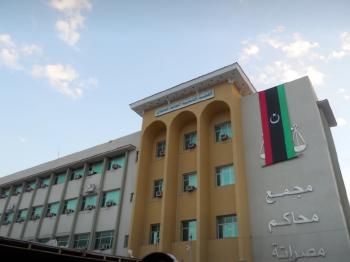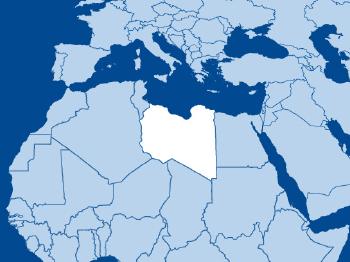Christians in Muslim-majority Libya are predominantly migrant workers and refugees, but there are also a small but growing number of indigenous converts from Islam. The exact number of Christians is unknown.
Libya has experienced chaos and civil war since the overthrow of Colonel Muammar Gaddafi in 2011. Despite an October 2020 ceasefire and formation of a new unity government, the presidential election scheduled for December 2021 had still not taken place by the end of 2022.

In September 2022 a Christian convert from Islam was sentenced to death for apostasy. The man became a Christian around four years ago, and had been arrested several times by militias who act as law enforcement. The death sentence – which at the time of writing has not been carried out – was given because he refused to return to Islam. The law stipulating death for apostates who refuse to return to Islam was passed by the 2012-14 General National Congress (GNC). Laws passed by the GNC were subsequently abolished by its replacement, the House of Representatives – but the House of Representatives was in turn declared illegal by the Supreme Court. Converts from Islam can also suffer pressure and hostility from family and former friends.
Although Libya’s interim constitution (2011) declares Islam the state religion and sharia (Islamic law) the principal source of legislation, it also guarantees non-Muslims freedom to practise their religion and prohibits religious discrimination. However, those who share the Gospel with Muslims can face serious reprisals.
Islamist groups established themselves after Gaddafi’s fall. Several thousand Islamic State (IS, ISIS, ISIL, Daesh) fighters moved to Libya when ousted from Syria. Islamists target Christians for killing, kidnap, forceful conversion and sale in “modern-day slave markets”. Violence is commonplace in detention centres against Christian refugees, mostly West Africans or Eritreans.
Prayer
The Church of Christ the King in Tripoli






